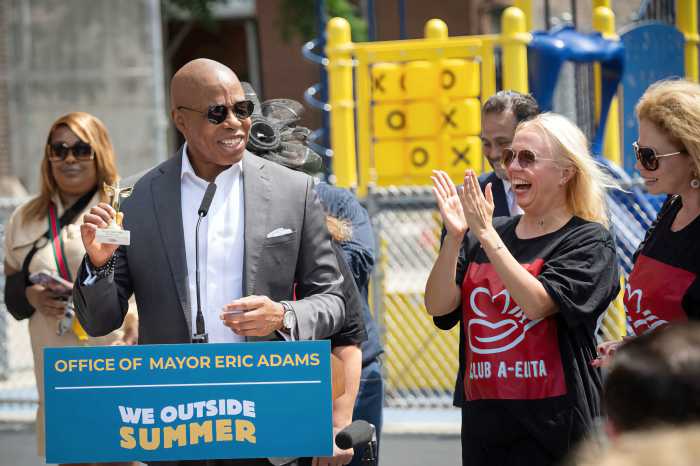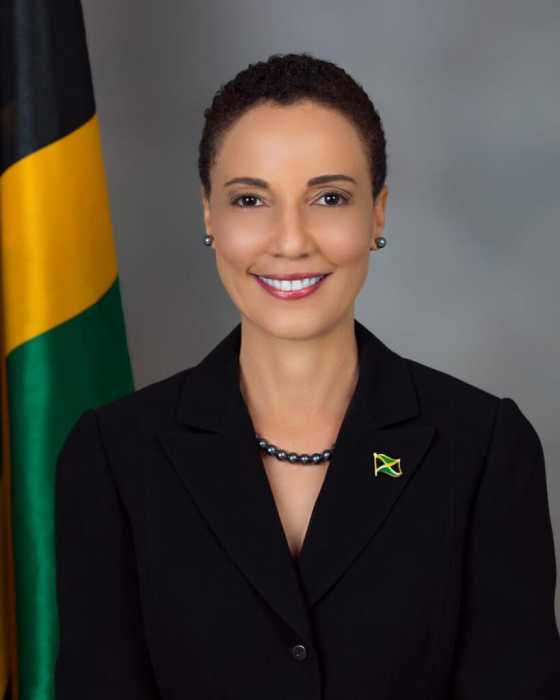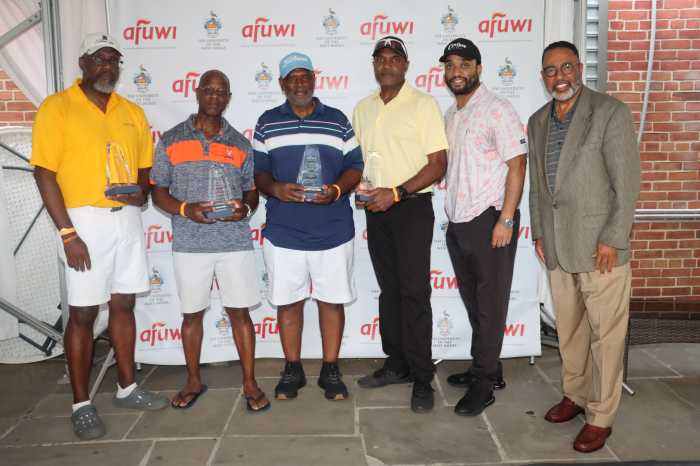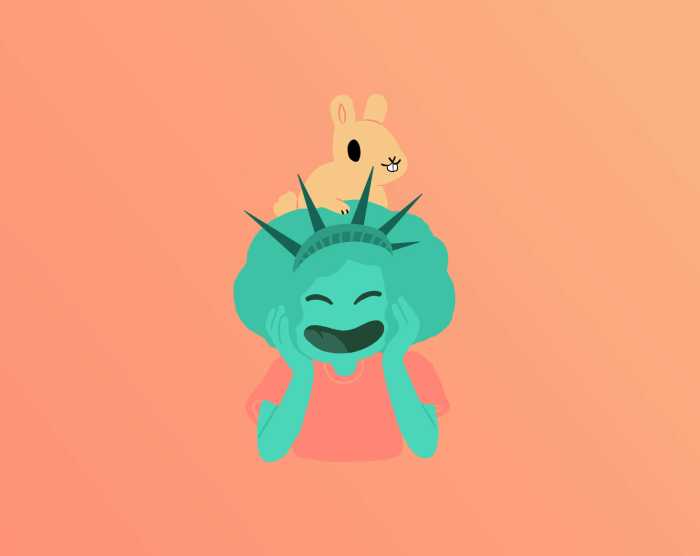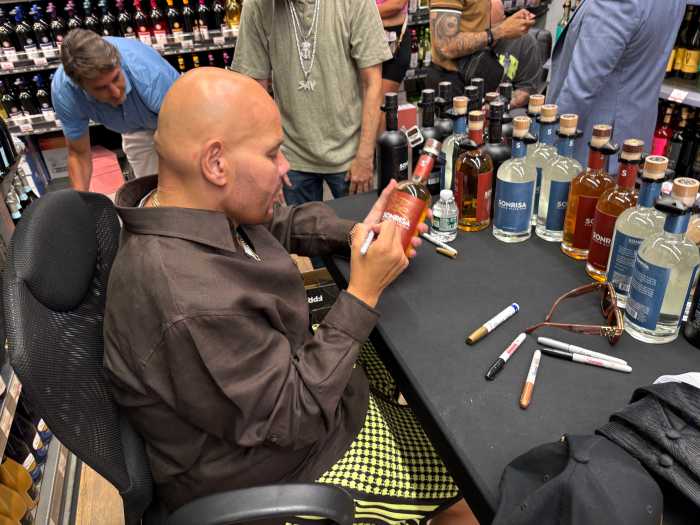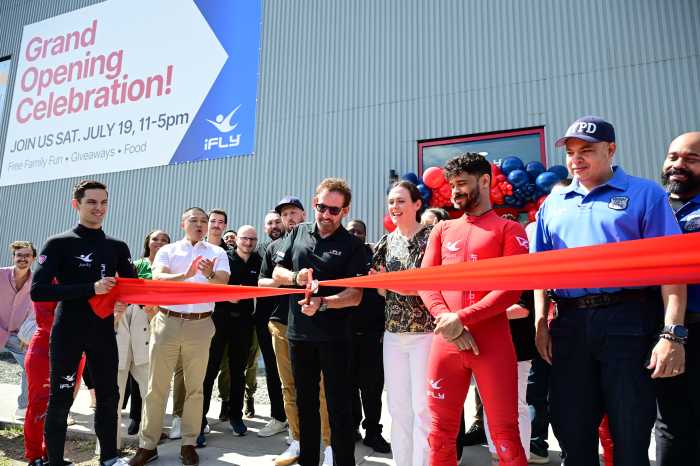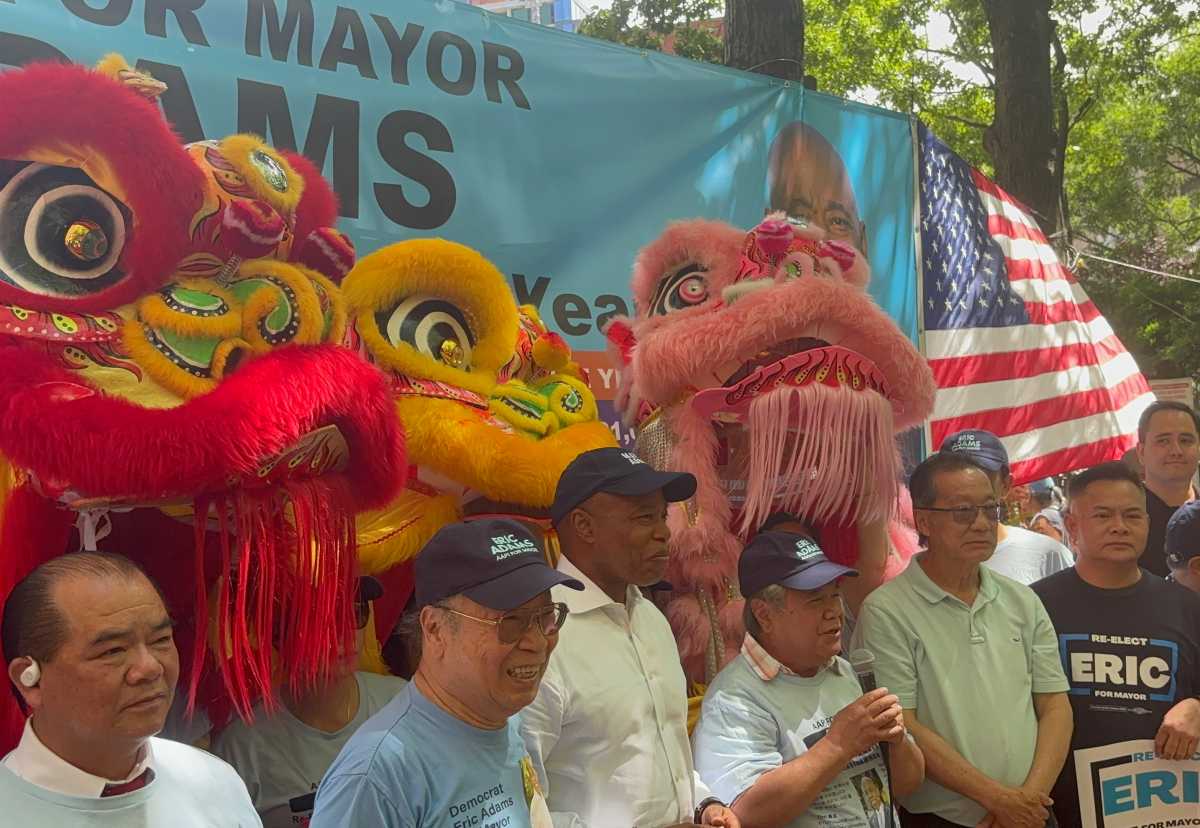Many people come to the topic of cannabis legalization from a range of different perspectives and positions. I approach this as a member of a community that was adversely affected during the war on drugs, during the war on cannabis, and as a rigorous academic scholar studying Public and Urban Policy, Stratification Economics and Black Masculine Studies.
I want to present some aspects to this that not everyone has delved into enough and to tie together conversations that are happening simultaneously yet are so far apart.
As a 27-year resident of Canarsie, I am pained by the position video that Assemblymember, Jaime Williams has taken on cannabis regulation and taxation for New Yorkers over the age of 21 along with State Senator, Roxanne Persaud. Assembly Member Williams’ district covers, Canarsie, Georgetown, Mill Basin, Marine Park, Bergen Beach and Gerritsen Beach. The 15 residents that appeared alongside the elected officials at their presser are in no way representative of the larger district that totals 150,000 and their feelings concerning cannabis regulation.
Canarsie, along with Flatlands and Mill Basin is a powerful example of Black suburbanization, these neighborhoods have amongst the most dramatic racial population shifts in the city of New York during the war on drugs. Canarsie has a population of 88,000 residents with roughly 75,000 of those residents identifying as Black or African-American alone, the most of any Neighborhood Tabulation Area (NTA) according to the New York City Department of City Planning Population Fact Finder.
According to a May 18 New York Times editorial, NYT Report, as a result of such a high concentration of Blackness, officers in the precinct covering Canarsie arrested people on marijuana possession charges at a rate more than four times as high as in the precinct that includes Greenpoint, despite residents calling 311, the city’s help line, and 911 to complain about marijuana at the same rate. The Canarsie precinct is 85 percent Black. The Greenpoint precinct is 4 percent Black.
In addition, a 2017 Drug Policy Alliance report entitled “Unjust-Unconstitutional,” shows Canarsie as one of the 15 neighborhoods in New York city with high rates and numbers of marijuana possession arrests, and where Blacks and Latinos are almost the only people arrested for marijuana. Of those 15 neighborhoods, Canarsie had the highest median income of $61,300; more evidence that race trumps class in policing the war on drugs. Couple this data with another New York Times expose on inequality between Black and white boys, highlighting that Black boys raised in America, even in the wealthiest families (Canarsie a working-class neighborhood by no means wealthy) and living in some of the most well-to-do neighborhoods, still earn less in adulthood than white boys with similar backgrounds, according to a sweeping new study that traced the lives of millions of children. White boys who grow up rich are likely to remain that way. Black boys raised at the top, however, are more likely to become poor than to stay wealthy in their own adult households.” This data can be directly correlated to a preponderance of police interaction of Black male bodies, to no fault of their own. A neighborhood with a lower median income Sheepshead Bay, in which state Senator Persaud also represents along with Canarsie with a median income of $52,673 is second among the 15 predominantly white neighborhoods in NYC where most marijuana possession arrests are of Blacks and Latinos when they are only 12 percent of the population. Again, regardless of the neighborhood in the 19 senatorial district, if you are a young Black or Latino male your life is most likely to be interrupted for cannabis prosecution.
Marijuana policy over the last 40 years in Black communities across New York city like Canarsie and Flatlands has been a policy of extraction. Tearing apart families as cannabis possession is the fourth most likely offense to cause deportation in this largely Caribbean -immigrant neighborhood. It is imperative that both Assemblymember Williams and Senator Persaud get on the right side of history concerning cannabis and have actual conversations and forums within their own neighborhoods with constituent voices leading the way, not outdated and non-empirically backed rhetoric from elected officials.
The only statement where Assemblymember Williams was correct in her press conference is when she said that “it has ruined lives and is a gateway drug,” indeed it has ruined lives, it has ruined the lives of hundreds of Black boys, 14-19-year-old, and Black men, 20 to 24-year-old, who end up missing, unaccounted for and disenfranchised every year within her district because even the smell of cannabis has given law enforcement cart blanche over their bodies. Therein lies the gateway to a false sense of danger and criminality. A son of Flatlands and CB18, newly elected Public Advocate Jumaane Williams has championed a fair and equitable pathway to cannabis legalization, as part of the Progressive Caucus in the New York City council. Additionally, there is a bill is in the state assembly (Marijuana Regulation and Taxation AC5-A.3506-C) with the sponsorship of many of AM Williams colleagues included but not limited to Peoples-Stokes, Gottfried, Lupardo, Sepulveda, Weprin, Hunter, Hyndman, Pichardo, Blake, Rosenthal L, Jaffee, Dinowitz, Jean-Pierre, Abinanti, Richardson, Hevesi, Walker, Jenne, Vanel, Pellegrino, Niou, Wright, Bichotte, Cahill, Lifton, Epstein, Mosley, Seawright, Simon, Skartados, Steck, Taylor.
When addressing issues that are germane to outgroup males (Black and Brown boys and men) we must not begin from a place of fear-mongering and pathology, no other group requires such distinction. This only aids in the outdated and draconian perspectives of persons that are vital for neighborhood stability. When addressing legalization in New York state, we need to begin from a place of clearing prior criminal records, addressing the harm done to housing, immigration and child welfare, create an equitable and sustainable industry, and to reinvest revenues to communities that were most harmed, like Canarsie. Yes, to marijuana justice.
This op-ed piece is an excerpt from a larger piece Keeping Black Markets Black: A Stratification Economic, Public Health, and Reparative Justice Model for Cannabis Equity in the City of New York.
Floyd Jarvis is a Bard Prison Initiative Public Health Fellow, executive director of Canarsie Neighborhood Alliance, graduate student at The New School in Public and Urban Policy, and member of the Start Smart New York campaign.


